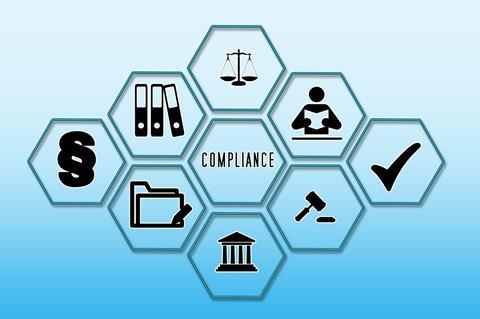Profit potential, though still important, is no longer the sole factor in determining an investment’s value, as potential investors are increasingly interested in supporting those organizations who display good corporate citizenship and who contribute to society’s challenges through more than jobs and profits.

ESG is a significant factor in modern business, as investors increasingly demand that those organizations that they invest in deploy ethical, sustainable, and other positive operations.
ESG measures environmental, social, and governance metrics to score organizations on these concerns and help conscious investors appraise the organization’s conduct.
As profit potential, though still important, is no longer the sole factor in determining an investment’s value, potential investors are increasingly interested in supporting those organizations who display good corporate citizenship and who contribute to society’s challenges through more than jobs and profits.
ESG is intended to encourage a higher level of corporate responsibility to the community, and to foster sustainable evolutions to business practices.
Risk management is another hot topic that shares many overlaps with the ESG paradigm, not just in ESG related risk but in an overall way of thinking. Risk management primarily is the discipline of mitigating the uncertainty that organization’s face.
The act of anticipating, preparing for, and evolving around challenges that could threaten the viability of an endeavor. While ESG is meant to encourage a more sustainable and socially beneficial economic model, risk management is the science of mitigating the threats that could destabilize the organization.
Indeed, proper risk management allows organizations to have the resources to invest in the future, develop innovative solutions, and maintain integrity under pressure.
The same ESG considerations are often those of risk management professionals. Take for example the fact that climate-related risks have also been a significant factor for an ever-growing push for proper ESG disclosures.
As investors have wanted further information as to an organization’s ESG compliance and potential risk when considering investing or making a decision, ESG risk has become of significant importance for organizations across the globe.
These aren’t just operational uncertainties, and costs to be mitigated away as much as possible. Now more than ever organizations need to have a well-thought-out plan as to how they intend to tackle ESG in the coming years. Organizations who have efficient means of dealing with climate-related risk, as well as the capability of SEC compliance, will find themselves rising to the top of the economic ladder while maintaining all stated environmental and social values. Studies show that severe ESG related incidents can cost 6% or more of an organization’s market capitalization.
Building for Success & Employee Wellbeing
While ESG may seem like an industry buzzword, or unrealistic utopian demands, the above shows how ESG and risk management are much the same in many vectors.
Indeed, ignoring ESG, environmental risk, and social responsibilities could become one of the largest liabilities an organization can take on. Failing to address ESG concerns doesn’t only subject an organization to unflattering metrics developed by ESG auditing firms, but to actual tangible risk.
There are some proper concerns that implementing ESG initiatives raise. Most importantly, how to afford it, and what does it do to bolster the business?
Both are valid questions, addressing such broad and lofty concerns as the environment and complex, opaque, social issues requires a level of capital and influence most organizations just do not have - at least not in the way some of the more naïve or unrealistic expectations the ESG philosophy might convey.
Indeed, organizations still must consider the bottom line, and those well prepared and with a balance sheet to support such endeavors can look to invest in such endeavors. But this is a dubious proposition in the best of times, and with a global pandemic, hybrid work environments, geopolitical uncertainties, and far-reaching supply chain challenges, non-critical investments can be a hard sell, and discerning business leaders recognize that poor investments now can diminish the ability to make meaningful ones in the future, even if those investments have good intentions.
But this is not the intention of ESG. The intention of ESG is not to be a thinly veiled and palatable tax on successful business for the purpose of social welfare, but rather a paradigm shift to sustainable investment and a new understanding of the role corporations could play in the societal evolution.
The economics of ESG have the potential to yield meaningful benefits when considered alongside the potential risks ESG looks to address. All economies operate in a fluid environment, and the inherent uncertainty businesses face is a significant factor in how organizations plan for the future.
ESG attempts to both influence the future and offer an opportunity. There are an almost limitless number of ways the economic environment can influence the cost of a product. ESG asserts that careful and intentional investment now can serve to mitigate the risks of the future economic environment, while driving a sustainable future where high integrity organizations lead the way.





















No comments yet